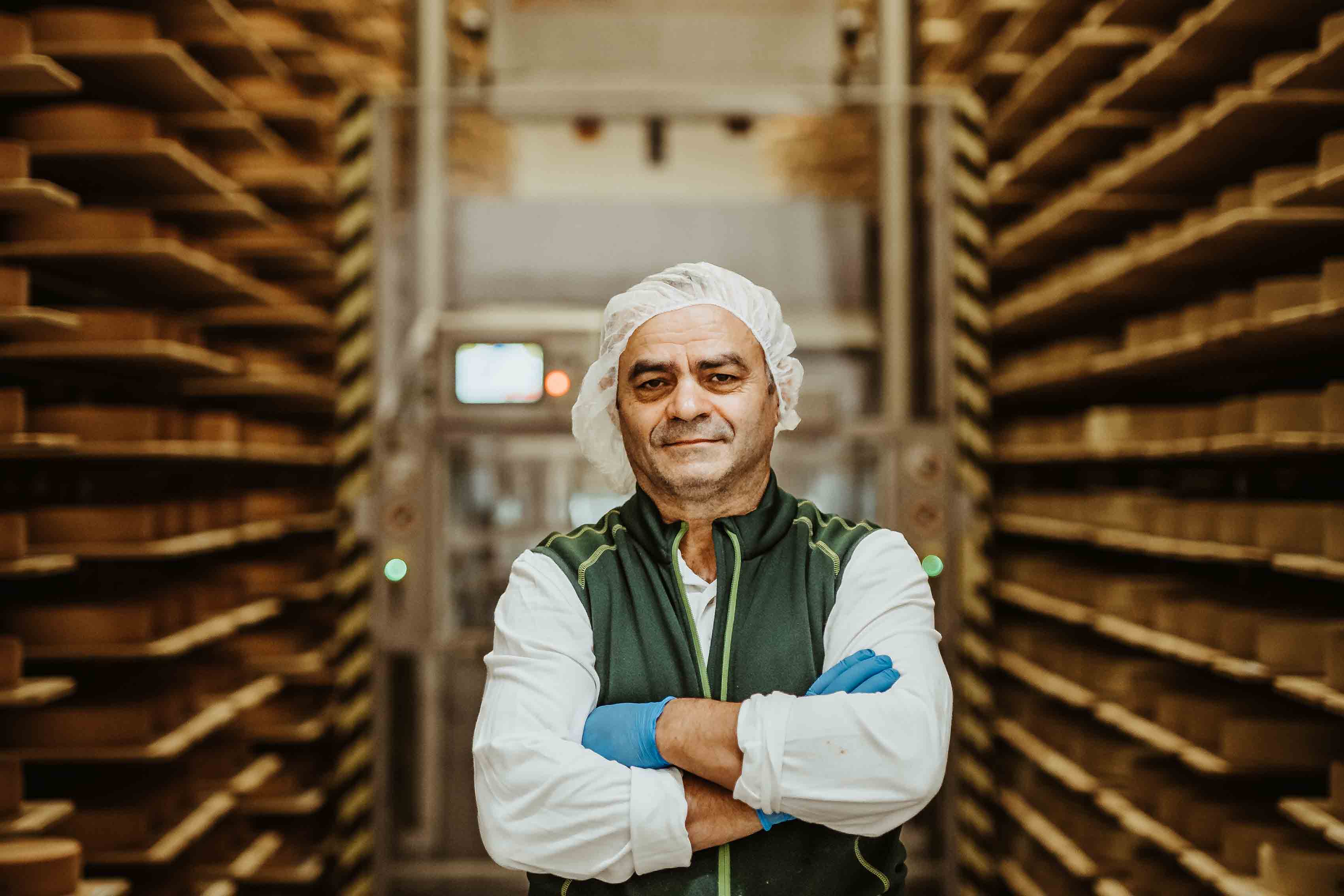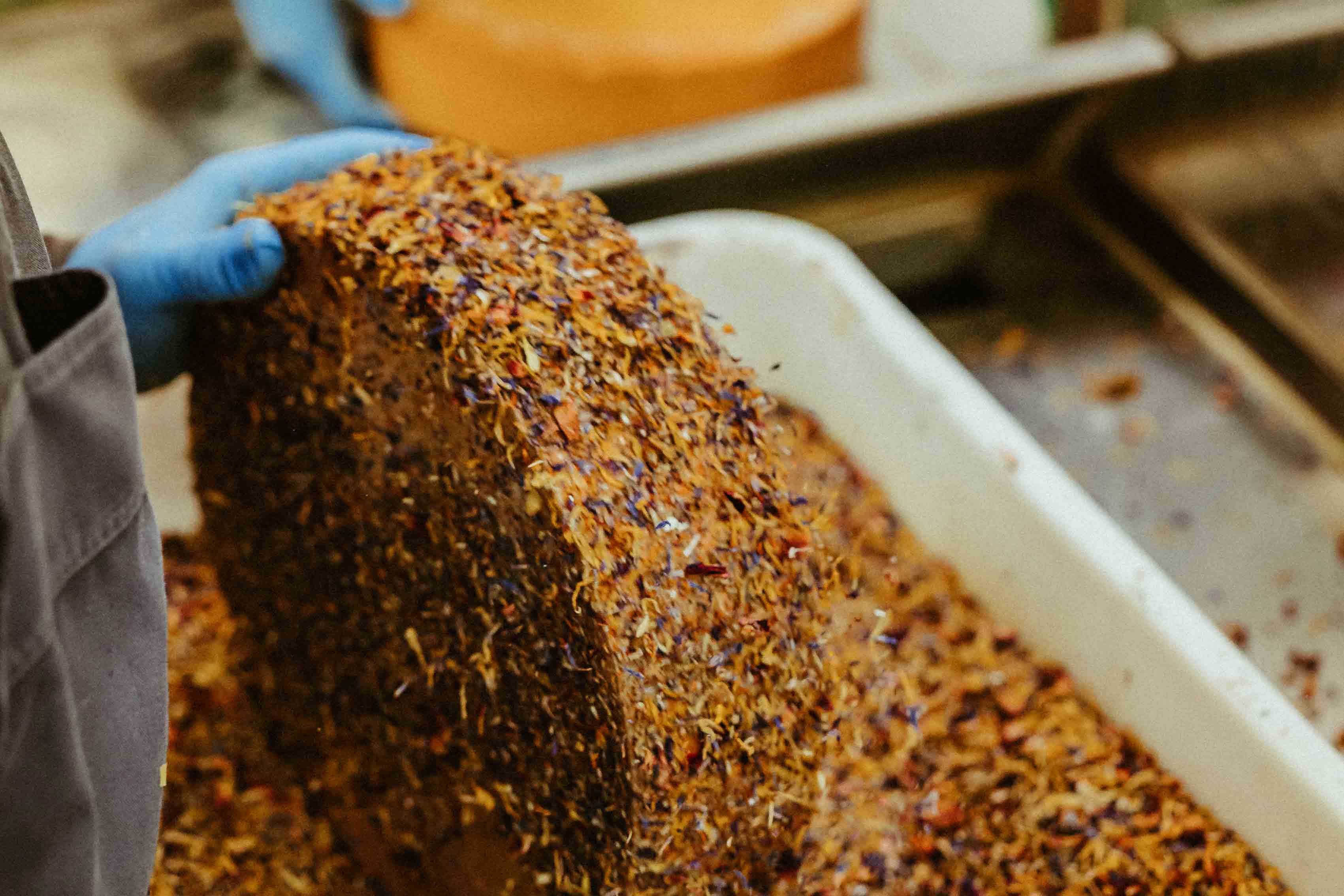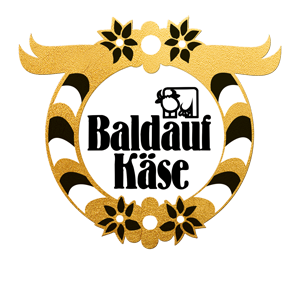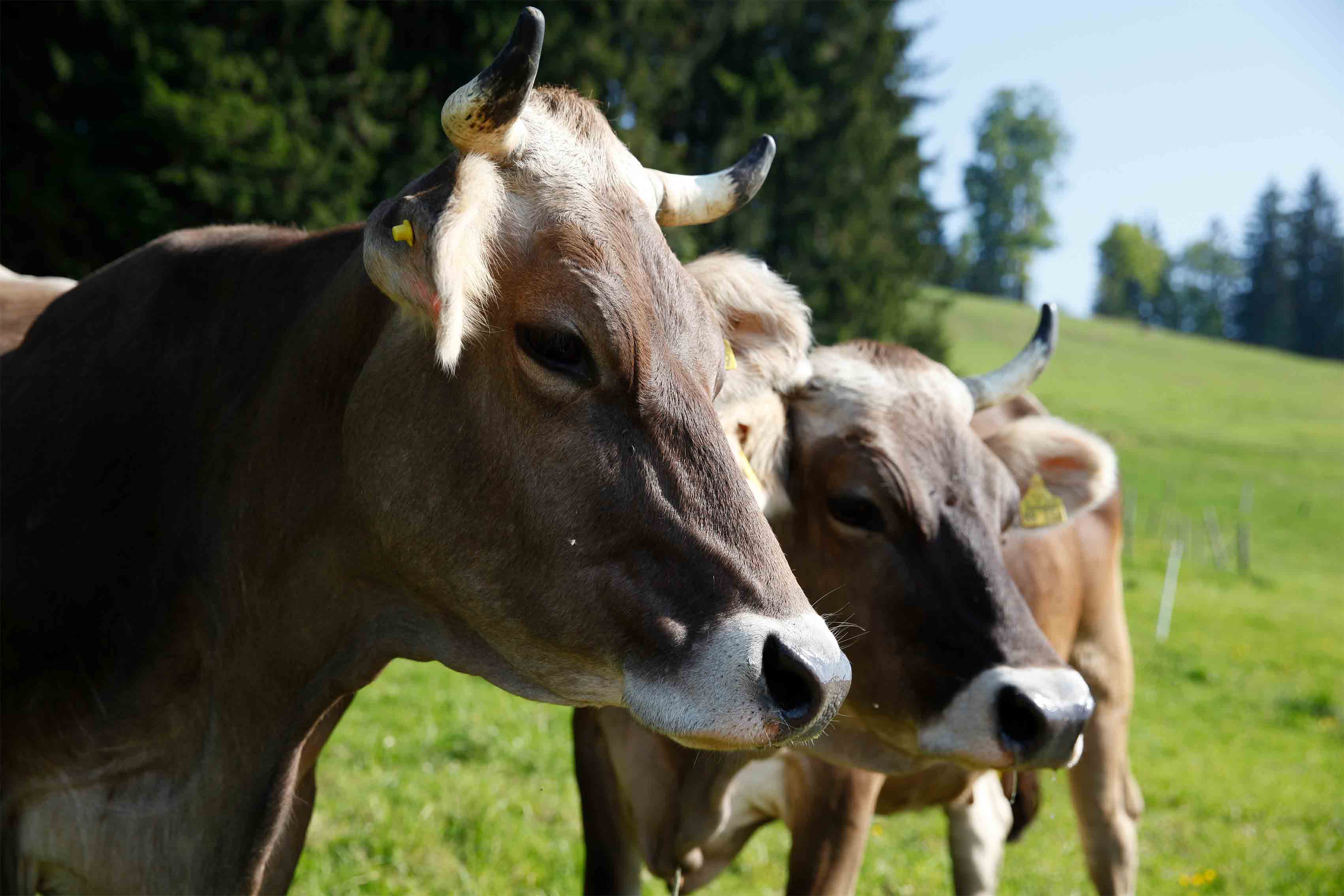
Allgäuer Braunvieh cattle
Dairy farmers
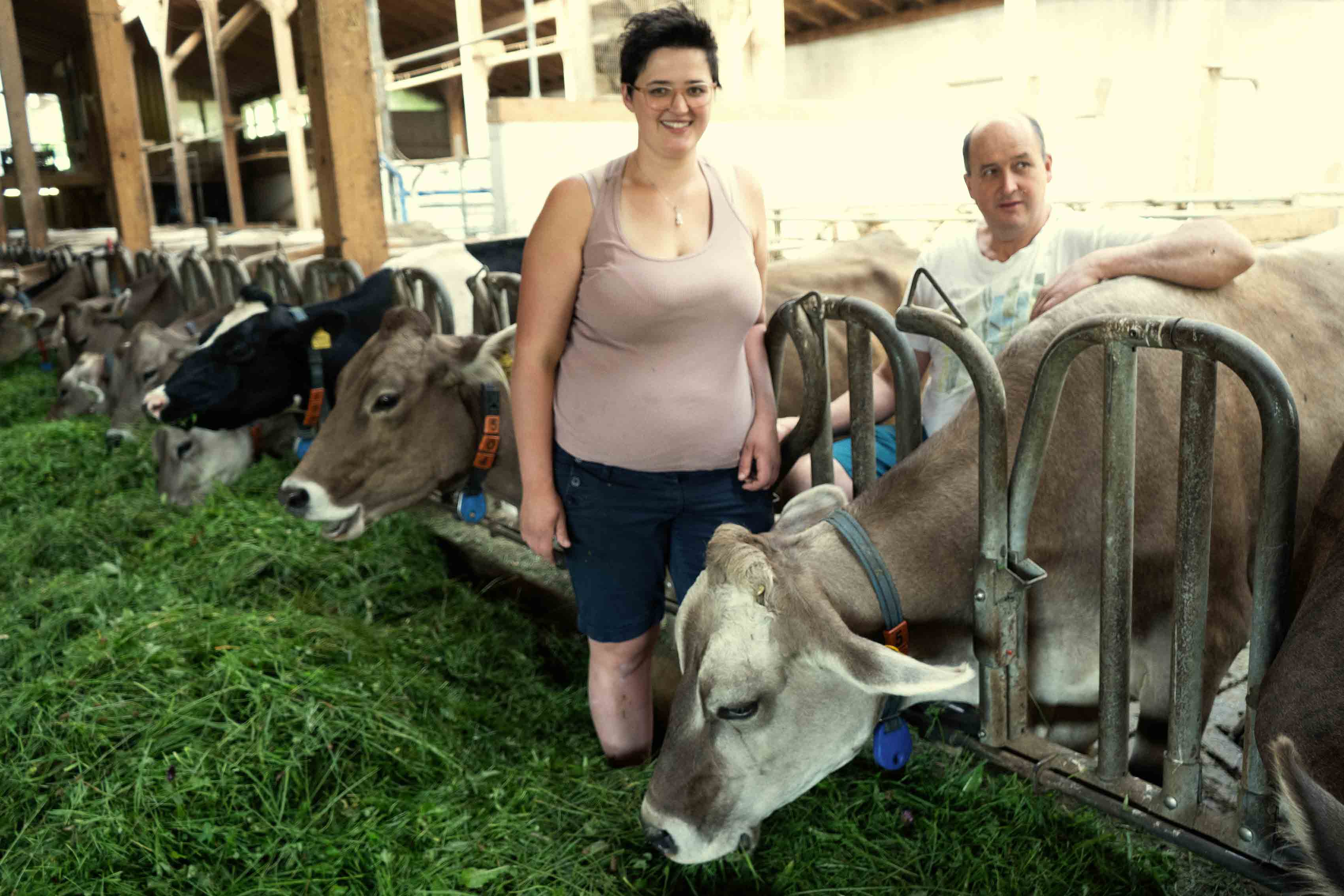
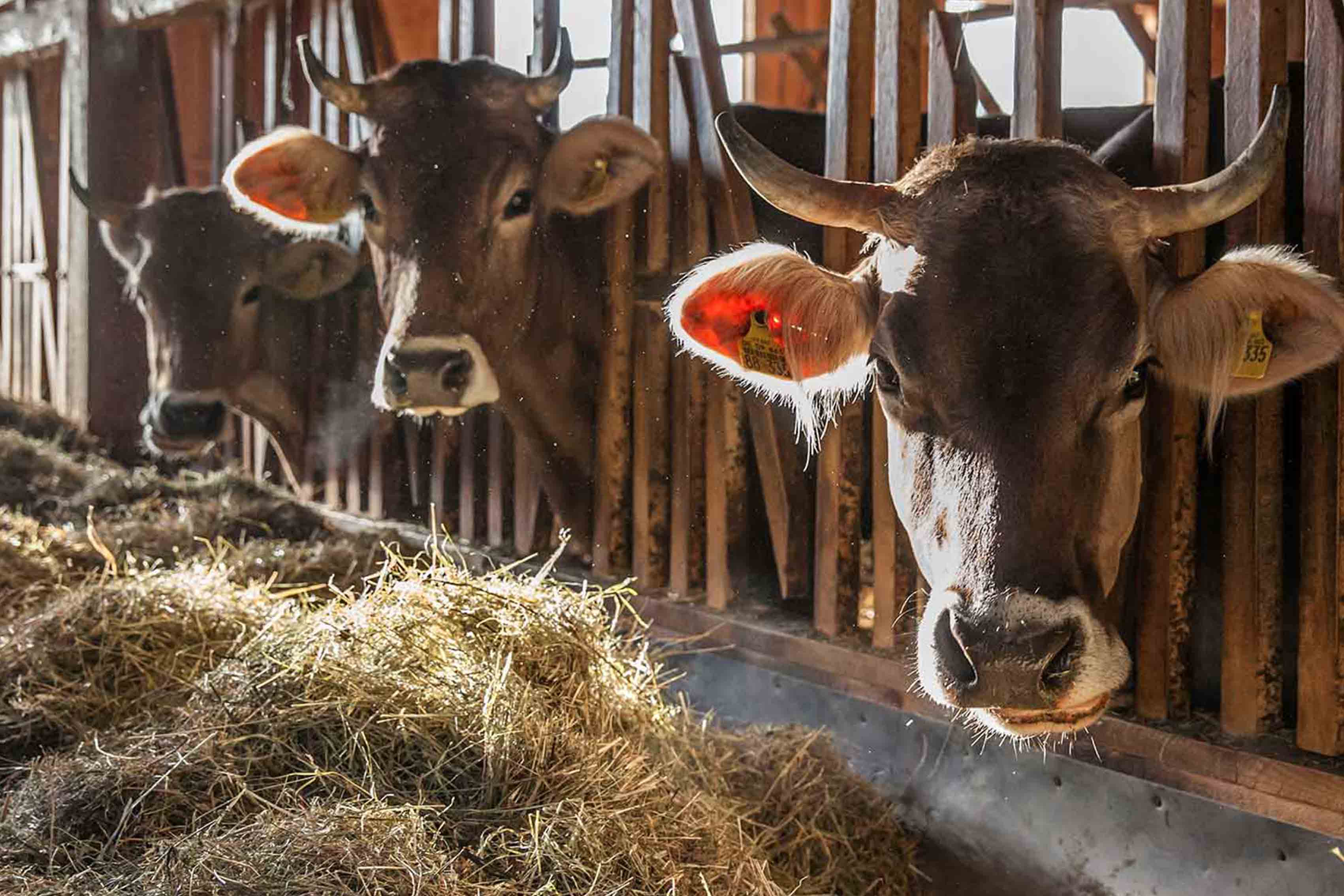
Pasture milk
Dairyman's craft
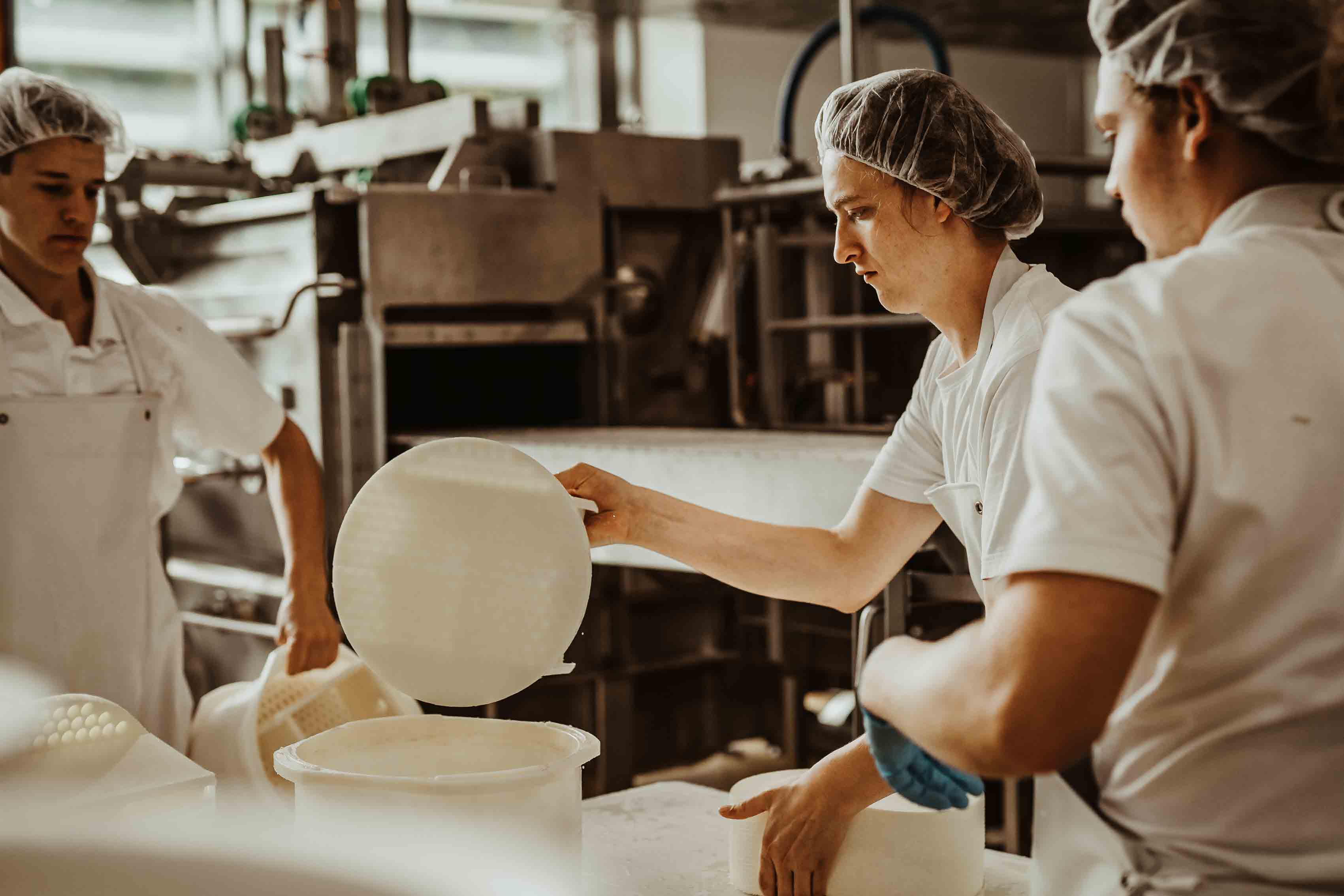
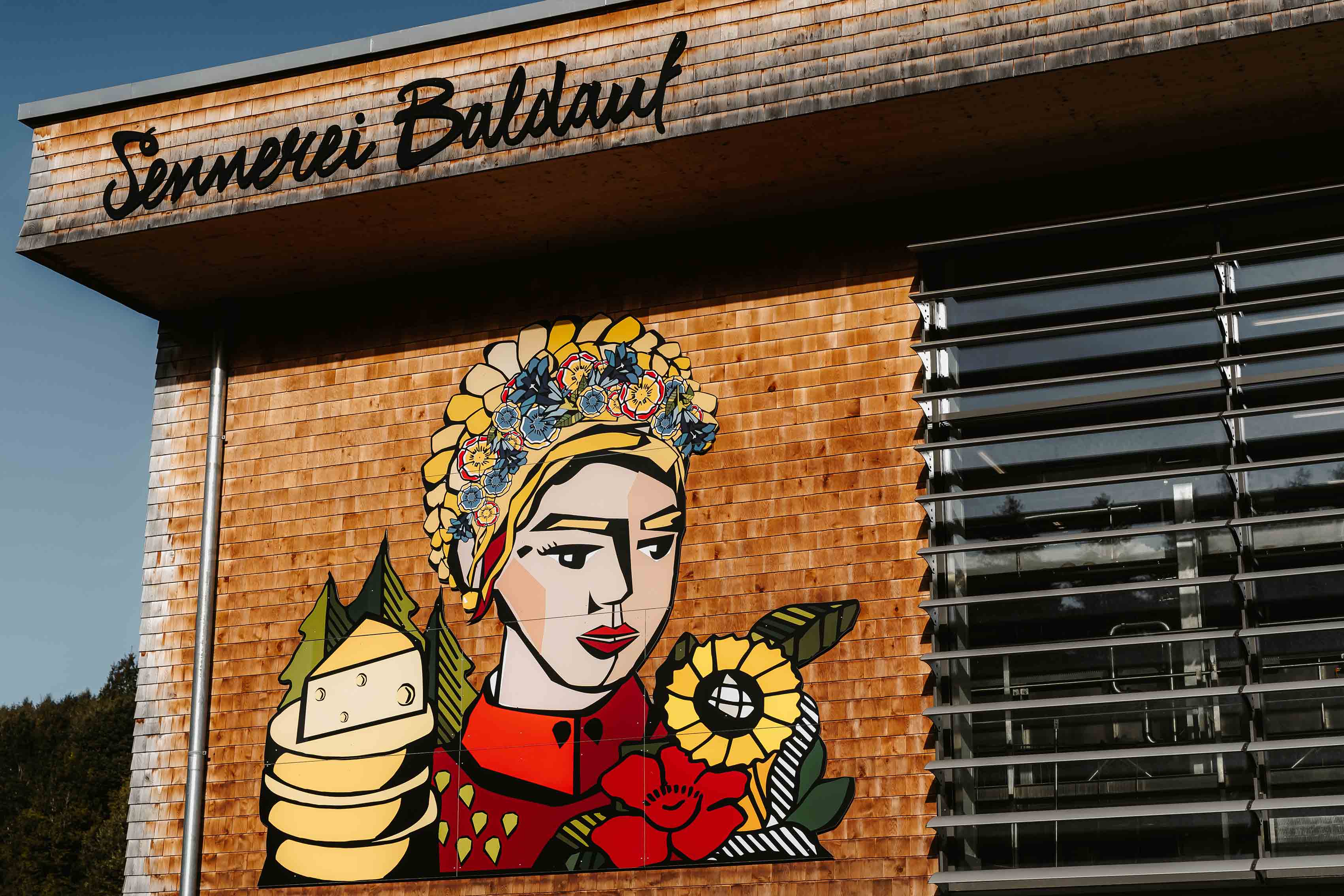
Alpine dairy
Our first own dairy on the premises of the headquarters in Gossholz replaced the sites in Grünenbach and Gestratz in 2020 and by the beginning of 2021, both production and all employees had moved to the new, sustainable Baldauf cheese dairy.
Here, we process both organic pasture milk and conventional pasture milk from our local farmers. Production processes will be bundled in the new cheese dairy, transport routes shortened and our energy efficiency optimised. In this way, we have created an environment in which the best quality can be produced under sustainable, environmentally friendly conditions. Cheese has been made in the co-operative dairy in Hopfen for over 100 years. Alois Keck, a multiple award-winning master cheesemaker, manages our production there and processes the fresh pasture milk together with his employees.
Appreciation for the traditional cheese-making trade is not only a matter close to our hearts at Baldauf, but also a cornerstone of our company philosophy.
"We make cheese in the old tradition but with state-of-the-art technology. It goes without saying that we do not use genetic engineering, additives or preservatives," – says master cheesemaker Alois Keck.
Maturing cellar
